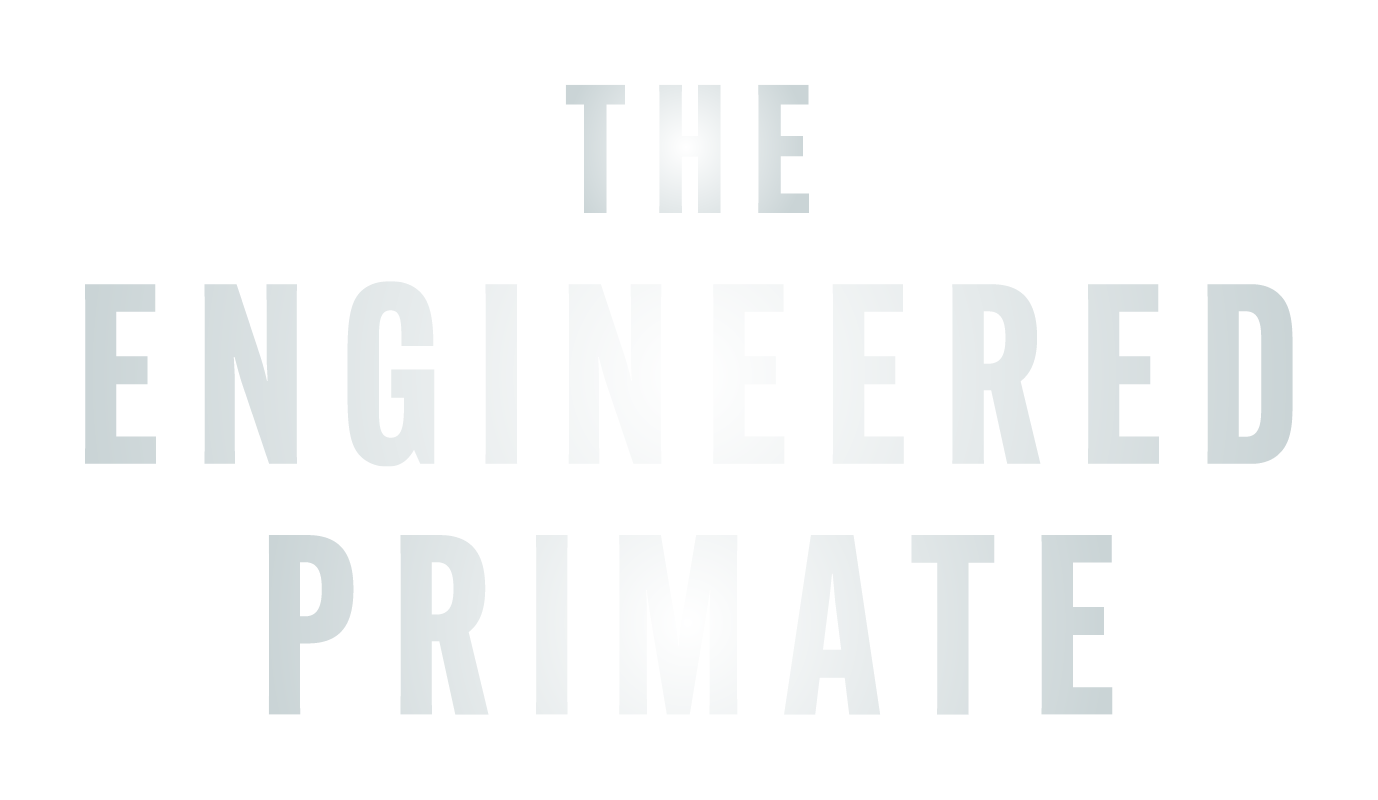Ideologies and Nutrition – Belief Systems
Mintz, S. W. (1985). Sweetness and Power: The Place of Sugar in Modern History. Penguin Books.
Explores how sugar shaped global trade, cultural identity, and dietary patterns, illustrating how food choices reflect social values and beliefs.
Fischler, C. (1988). “Food, self, and identity.” Social Science Information, 27(2), 275–292.
Discusses the role of food in shaping cultural identity and its influence on dietary ideologies, highlighting how food choices reflect social norms, traditions, and personal beliefs.
Frazer, J. G. (1922). The Golden Bough: A Study in Magic and Religion. Macmillan.
Explores how religious beliefs historically influenced food taboos and rituals.
Douglas, M. (1966). Purity and Danger: An Analysis of Concepts of Pollution and Taboo. Routledge.
Analyses how purity and taboo shape dietary practices and social ideologies.
Altschul, A. M. (1999). Religion, Food, and Eating in North America. Columbia University Press.
Examines the interplay between religion and food practices in shaping dietary norms and ideologies.
Nestle, M. (2007). Food Politics: How the Food Industry Influences Nutrition and Health. University of California Press.
Discusses the economic and political ideologies driving dietary guidelines and consumer behaviour.
Patel, R. (2007). Stuffed and Starved: The Hidden Battle for the World Food System. Melville House.
Examines how global food systems reflect capitalist ideologies, creating inequalities in access and health outcomes.
Holt-Giménez, E., & Shattuck, A. (2011). “Food crises, food regimes and food movements: Rumblings of reform or tides of transformation?” The Journal of Peasant Studies, 38(1), 109–144.
Explores the ideological shifts underpinning food movements, analysing their potential for systemic change in addressing inequalities and restructuring global food systems.
Singer, P. & Mason, J. (2006). The Ethics of What We Eat: Why Our Food Choices Matter. Rodale.
Explores the ethical dimensions of food production, from factory farming to fair trade practices.
Pollan, M. (2008). In Defence of Food: An Eater’s Manifesto. Penguin.
Discusses the ethical and environmental implications of industrial agriculture and processed food.
Willett, W., Rockström, J., Loken, B., et al. (2019). “Food in the Anthropocene: The EAT–Lancet Commission on healthy diets from sustainable food systems.” The Lancet, 393(10170), 447–492.
Advocates for ethical dietary practices aligned with sustainability and health, emphasising the benefits of plant-based diets in reducing environmental impact and improving public health.
Hall, K. D., Ayuketah, A., Brychta, R., et al. (2019). “Ultra-processed diets cause excess calorie intake and weight gain.” Cell Metabolism, 30(1), 67–77.
Highlights how the ideological emphasis on convenience and industrial efficiency disrupts natural dietary patterns, contributing to overeating, metabolic dysfunction, and increased chronic disease risk.
Steele, E. M., Baraldi, L. G., Louzada, M. L., et al. (2016). “Ultra-processed foods and health: A systematic review and meta-analysis.” Public Health Nutrition, 19(11), 1985–2004.
Critiques the ideological promotion of processed foods as markers of modernity and progress, highlighting their role in undermining health through increased disease risk and nutritional displacement.
Campbell, T. C., & Campbell, T. M. (2006). The China Study: The Most Comprehensive Study of Nutrition Ever Conducted. BenBella Books.
Discusses the evidence for plant-based diets, contrasting their health benefits with culturally entrenched ideologies that prioritise animal products, and highlighting the influence of industry and tradition on dietary choices.
Poore, J., & Nemecek, T. (2018). “Reducing food’s environmental impacts through producers and consumers.” Science, 360(6392), 987–992.
Highlights how plant-based diets align with sustainability ideologies and ecological imperatives by significantly reducing land use, greenhouse gas emissions, and resource depletion.
Willett, W. C., & Stampfer, M. J. (2003). Rebuilding the food pyramid. Scientific American, 288(1), 64–71.
Critiques how ideological and economic interests shape dietary guidelines and public health policies, influencing nutritional recommendations and perpetuating misconceptions about optimal diets.
Lang, T. & Heasman, M. (2015). Food Wars: The Global Battle for Mouths, Minds and Markets. Routledge.
Explores the ideological battles shaping food policy and consumer behaviour.
Sonnenburg, J. L. & Sonnenburg, E. D. (2015). The Good Gut: Taking Control of Your Weight, Your Mood, and Your Long-Term Health. Penguin.
Highlights how microbiome science and evolutionary dietary patterns challenge the dominance of processed and artificial foods in modern ideologies.
Katz, D. L., Meller, S., Battista, R., et al. (2014). “Can we say what diet is best for health?” Annual Review of Public Health, 35, 83–103.
Highlights the need for evidence-based approaches to dietary ideologies, emphasising alignment with human biology and the long-term health benefits of whole, plant-based nutrition.
